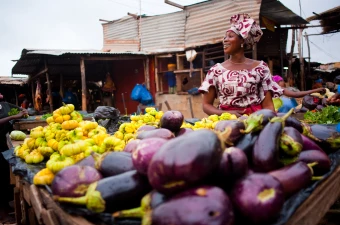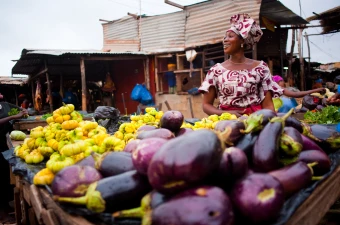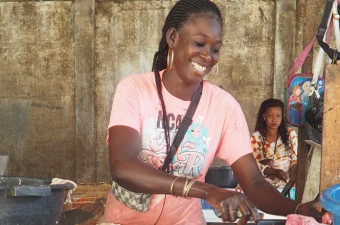The new agreement is just a beginning
March 8th is International Women’s Day. The theme this year is freedom and CNV Internationaal wants to spotlight women in trade unions throughout the world. Women like Heng Chenda from Cambodia, Ayicha Amoussa Massadimi from Benin, and Leida Marcela from Venezuela.
“These women are important examples for all the women who work in textile factories or in agriculture,” says Anneke Westerlaken, President of CNV Internationaal. “They work hard to strengthen the position of women. They raise their voices, fight against discrimination and for health and safety at work. The new agreement against violence at work, which was signed last year, brings these women much needed support.”
The ILO Convention 190 against violence and intimidation, implemented in June 2019, could significantly improve the position of women at work. Could is the key word. We’re not done yet. Westerlaken says, “There’s been a backlash within the women’s rights movement over the past few years, which is cause for concern. It’s important to keep women’s rights on the agenda, on all levels of legislative bodies and collective labour organisations.”
Women like Heng Chenda, Ayicha Amoussa Massadimi, and Leida Marcela work towards getting women’s rights and fighting intimidation and discrimination at work on the agenda. “These women are examples and they’re effective. That is extremely important,” states Westerlaken. “We’re still behind, but we’re making some progress. More and more women are taking positions of leadership, also in the trade union movement.”
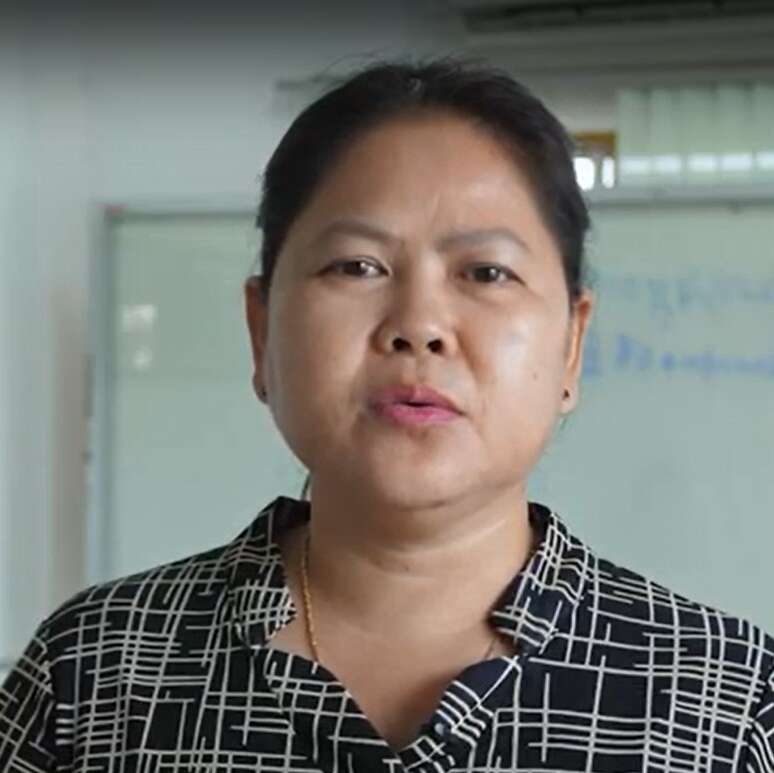
Heng Chenda – trade union leader in Cambodja
Heng Chenda is a board member of the Cambodian union CLC, one of CNV Internationaal’s partner organisations. She got involved with the union through her work as a garment worker. “Women in the textile factories are often harassed by their managers,” Chenda tells us.
“I encourage the women in my country to develop themselves and to be courageous. Within the gender commission of CLC we stimulate women to apply for managerial positions.” Heng Chenda’s work isn’t without risk. The freedom to carry out trade union work is currently under pressure in Cambodia.
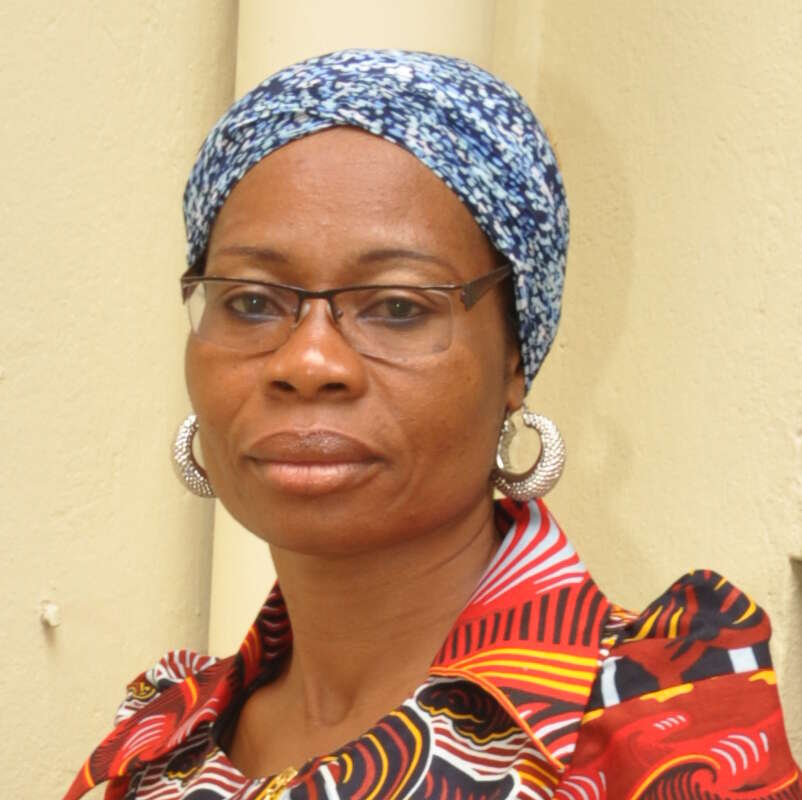
Ayicha Amoussa Massadimi: Midwife in Benin
Ayicha Amoussa Massadimi is President of the national women’s committee of the COSI trade union in Benin. In her daily life, she’s a midwife and Secretary of the Midwives’ trade union. She sees the results of harassment and violence against women every day in her work.
“The union has an advice and mediation centre that supports our members. Because we have so many women who are victims of violence and harassment at work, we decided to create a separate centre where we can provide support for them.”
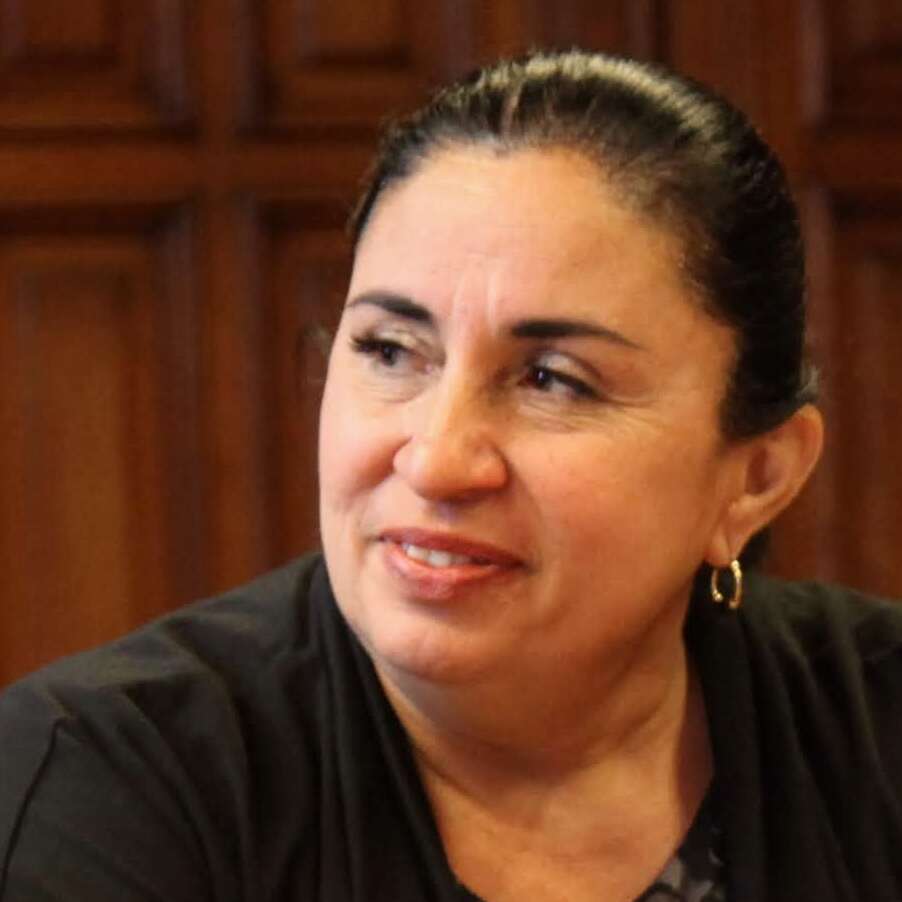
Leida Marcela: Trade union leader in Venezuela
She is one of the leaders of the Alianza Sindical Independiente (ASI), the second largest union in Venezuela. ASI has approximately 400,000 members.
This independent democratic trade union is experiencing some difficulties. Independent union leaders are persecuted, threatened, and sometimes even incarcerated. Marcela’s life is filled with uncertainties in Venezuela.
But just this week she received some good news. ASI has finally been given official recognition! Pressure from international sources has helped them achieve this status.
Global right to a safe work environment
The Violence and Harassment Convention (190) of 2019 has been implemented by governments, employers, workers who are part of the ILO. This agreement strives to ensure the right of every worker, man or woman, to a workplace which is free of any type of violence or intimidation. No matter where you work, temporary or permanent, in the formal or informal economy, in the city or in a rural area.
The #MeToo movement has made it clear that there are still many issues related to sexual harassment and violence and that these can be found anywhere, at any level of society. These issues can cost companies billions in losses. In their productivity, their reputation, and lawsuits. Estimates for the costs related to sexual harassment in the EU alone come to 26 billion euros.
According to Westerlaken, “Companies across the world don’t realise this enough. Ensuring a safe work environment is actually good for business. An environment that makes the most of its workers’ qualities and where women are also given the opportunity to grow and be promoted.”
“We at CNV Internationaal have been fighting for these rights for years. But this agreement is still just a beginning,” emphasises Westerlaken. “Every country and every company should have to implement this convention into their own legislation.”
Related news:
Publication date 06 03 2020
